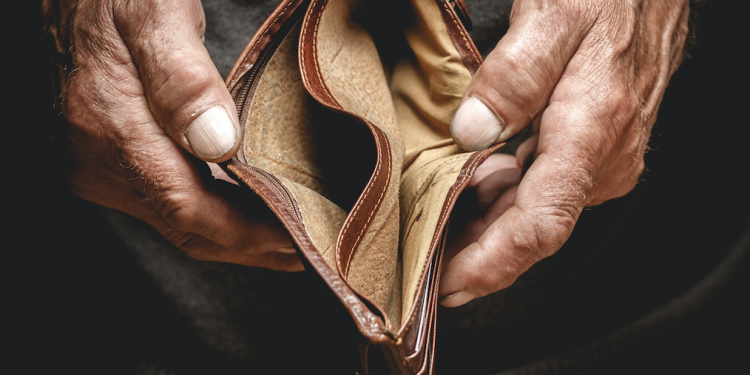DeadHappy’s unsecured debts exceeded £1m when it collapsed into administration last month including more than £300,000 owed to Covea Life and £110,000 to Shepherds Friendly which underwrote its policies.
DeadHappy founder Andy Knott has also submitted a claim of £144,166.58 against the business.
HM Revenue and Customs, Underwrite Me, Meta, Channel Four and Metro Bank were also listed alongside the Financial Conduct Authority (FCA) as creditors.
Knott also estimated that the intellectual property and goodwill associated with the controversial DeadHappy brand could be worth as much as £250,000 to potentially sell off, having been worthless at point of collapse.
However, overall it was estimated assets as part of the business would be worth just £441,922.30 if they were sold off, compared to an original book value of £1,475,477.36.
Of this, £180,173.25 was cash in the bank, along with the estimated £250,000 that could be realised for the brand’s intellectual property.
£1m owed
The statement of financial affairs filed with Companies House yesterday by administrator Evelyn Partners, revealed the failed life insurer owed £1,069,876.09 to creditors as it entered into administration last month.
The biggest liability was to Covea Life Limited which was owed £301,396.90. Two separate debts of £26,358.83 and £83,820.64 were owed to Shepherds Friendly, totalling £110,179.47.
HM Revenue & Customs was owed £199,773.43 as part of a preferential claim and a further £105,472.51 claimed.
Underwrite Me Limited was owed £67,644.88 while the FCA was owed £750.
Other significant creditors were Meta, the parent company of Facebook and WhatsApp, which was owed £143,434.19, Channel Four Television which was owed £35,173.00 and Metro Bank which was owed £38,766.78.
The controversial life insurer closed to new business in March after Shepherds Friendly ceased underwriting its policies.
Since its collapse, the administrators have emphasised to the more than 25,000 active customer customers that all policies remain valid following its appointment and they should continue to make payments as they have done previously.






